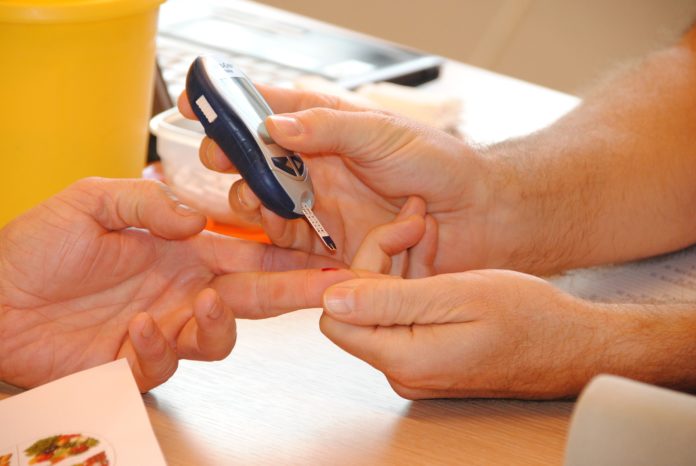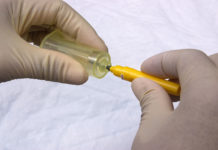
Authors argue regular contact diabetics have with the healthcare system, may lead to earlier cancer detection

Early onset diabetes could indicate a lower cancer risk, researchers have found in a startling study. Published in Diabetologia (the journal of the European Association for the Study of Diabetes [EASD]) the study shows that the earlier a person is diagnosed with Type 2 Diabetes (T2D), the higher their risk of death is from heart disease and stroke; but, unusually, the lower is their risk of death from cancer.
In almost all countries of the world, diabetes rates are increasing substantially in younger adults, aged 20-45 years. Rates are also continuing to increase in adults over 45 years old, however not as sharply as in younger adults. World Health Organisation estimates the total number of diabetics in India to be around 70 million.
“An earlier diagnosis of type 2 diabetes — and thus a longer duration of disease — was associated with a higher risk of all-cause mortality, primarily driven by cardiovascular disease (CVD) mortality”
The study by Professor Dianna Magliano and Professor Jonathan Shaw (Baker Heart and Diabetes Institute, Melbourne, Australia) and colleagues analysed the data of 743,709 Australians with T2D who were registered on Australia’s National Diabetes Services Scheme (NDSS) over a 15-year period between 1997 and 2011. All-cause mortality and mortality due to cardiovascular disease (CVD), cancer and all other causes were identified.
The average (median) age at T2D diagnosis was 59 years, and a total of 115,363 deaths occurred during the study period.
The authors say: “An earlier diagnosis of type 2 diabetes — and thus a longer duration of disease — was associated with a higher risk of all-cause mortality, primarily driven by cardiovascular disease (CVD) mortality.”
They add: “As such, increased clinical attention is imperative for individuals with earlier-onset type 2 diabetes. Efforts should focus on timely optimisation of individuals’ self-management skills and medical treatment to prevent or reduce the onset of complications and comorbidities. Additionally, there is a need to identify and screen those at high risk of developing diabetes so that individuals can make lifestyle changes that will prevent or delay the onset of diabetes.”
Other interesting findings from the study by Professors Magliano, Shaw and colleagues include that for mortality due to cancer (all cancers and colorectal and lung cancers), earlier diagnosis of type 2 diabetes was associated with lower mortality compared with diagnosis at an older age. While this may appear unusual, the authors point out that “it is possible that following a diagnosis of diabetes, people have more frequent contact with the healthcare system, which may increase the likelihood of any present but undiagnosed cancer being detected.”












